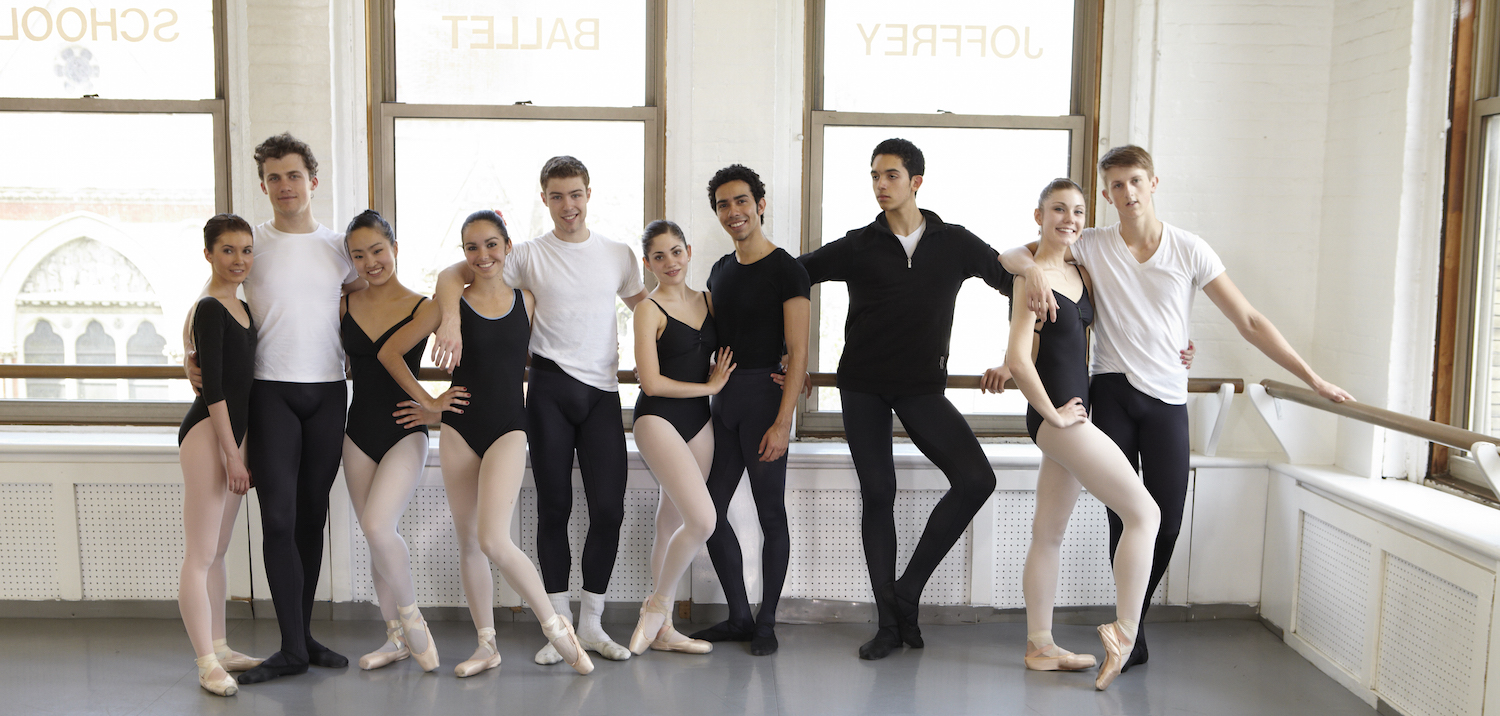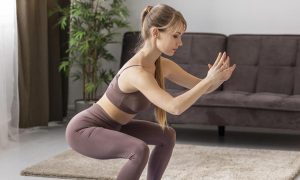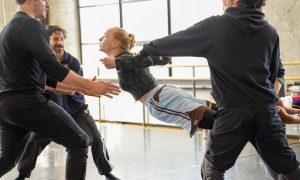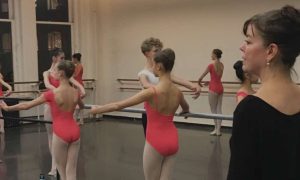Summer programs are incredible platforms for dancers to grow as artists, technicians and people. For so many, the summer is really when you get to explore movement, dive deep into progressing your abilities, and meet other dancers and teachers who you may keep in your circle for years to come. Whether you’re going to a small program where everyone knows each other’s names, a huge one where you float amongst a sea of talent, one you’ve been to several years running, or one that is brand new to you, it’s something to be excited about. Because these programs are usually very demanding physically, you often find you are being asked to do a lot more than you are used to, both in terms of more hours per day or week and in terms of how hard you must work during those hours. This can mean new aches, pains and even injuries if you don’t heed the signs. But that doesn’t mean you can’t keep yourself healthy and happy all summer long! Here are a few tips to help you keep it that way and get the most out of your summer program.
#1. Learn from others to improve, but avoid copying.
Learning involves emulating, or imitating, others and doing as they do. It is a necessary part of development whether we are talking about how young children learn the behaviors of their parents or how dancers learn choreography. Chances are you started learning dance technique by emulating your teacher. It’s important to recognize that this is different from blindly copying someone and, as an artist, you should be deliberate in your movement choices, whether examining how an amazing dancer uses her hands or seeing how she warms up.
When it comes to things like stretching and lunch choices, this is more about safety and health. People will sometimes do all sorts of crazy things that aren’t good for them, but you are smarter than that! If you recall from our recent article about finding your own flexibility, everybody has his/her own personal potential for flexibility, which means just copying how other people stretch might not only be ineffective, it could also be unsafe. You should definitely learn new stretches from others, but do them within your own range of motion.
When it comes to food, everyone has their own preferences. Again, you can learn from others’ choices, but don’t just copy them. Be honest with yourself about which foods keep you fueled and feeling good, and meet up with a certified dietician or nutritionist to get great advice from a qualified professional. Especially since you’re going somewhere where you might be buying your own food or making choices at a cafeteria, it would be good advance planning to learn your nutrition basics and good options in case you can’t find your usual fare.
#2. Be prepared to have a lot asked of you so you don’t overdo it.
Part of being ready for the demands of a summer program is what you do once you are there, and part of it is what you do before you even arrive. These are probably going to be long days with lots of dancing – this is what you signed up for, so make sure your body is ready and maintained!
Be prepared physically by gradually increasing your exercise load as you approach your first day. Just as an athlete prepares for her season, as your time in the studio approaches, set a plan for yourself to very gradually increase your activity a little bit each week so you are strong and prepared to dance. Slowly increase your repetitions or duration to target endurance. Slowly increase your weight or resistance to target strength. Your goal is to gradually increase load.
- Focus on body regions on alternating days so your muscles have a day to rest in between workouts. For example, have a “leg day” followed by an “upper body day” followed by “core”.
- With a long-term plan, start by focusing on working out each body region once or twice per week, and then increase to two or three times per week.
- Cross-train by doing movement that is not dance-specific or dance-related.
- Target strength, muscular endurance and cardiovascular endurance.
- Increase your repetitions or duration to target endurance.
- Increase your weight or resistance to target strength.
- Review our weight training tips and more tips regarding upper body strengthening.
Once you are there, don’t forget to rest when you have down time. Rest is the time the body takes to heal and improve function. Especially that first week, you might be pretty sore, and it simply takes some rest for your muscles to heal from that. As you can imagine, rest is also necessary to prevent fatigue, which is a major factor for injuries. Research indicates that fatigue is one of the only factors correlated to injury occurrence, and it is also one of the most preventable. Giving yourself time between classes and rehearsals, on the evenings or weekends, can give you the rest you need to get over a plateau and improve performance, as well as to prevent an injury. Rest also happens to be important for your immune system. Do what you can to maximize your experience – don’t let fatigue, prolonged soreness or a cold hold you back.
#3. In addition to physical preparation, be mentally prepared before you go.
When choosing your summer program, you probably paid attention to all the details. Now it’s time to put them into context. Will you have access to a kitchen? Will you need to dance in heels? Will you be sharing a room? Think about how all of these things will affect you practically and prepare.
A little research will go a long way. For example, if you find out you will be doing modern rep and you are not used to working in parallel, start doing some exercises at home that strengthen your adductors and internal rotators. If you know you’re going to be doing some full-on exciting dance that has you sweating and panting, add some cardio exercises and increase your reps in class until your endurance is spot on. When you know the demands, you can make smart adjustments and prevent overuse and fatigue.
#4. Don’t psych yourself out! Focus on why you are there.
A summer program is not just a new place with new people and new demands, it can feel more competitive and high-pressure than your usual. Try not to let it stress you out; remember that you love to dance and you are ultimately there to learn and grow! In addition to the dance, make positive new friendships, give yourself time alone, explore the local area, chat with your favorite teacher. Summer programs are rich with opportunity, and you’re going to have an incredible time.
Bonus tip: Stay hydrated, and wear sunscreen when you go out!
By Leigh Schanfein of Dance Informa.















